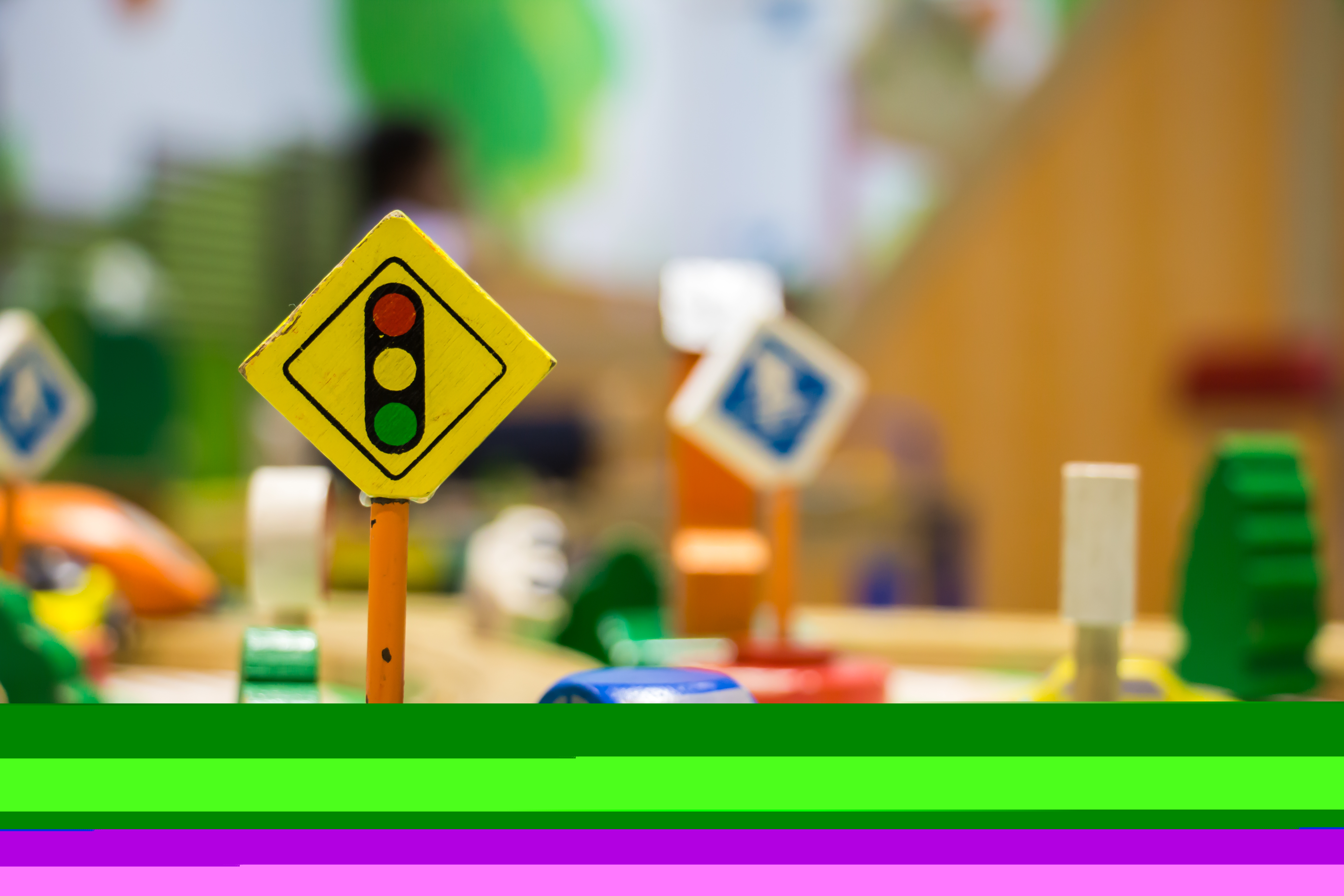Problem-Solving Skills Social Studies Worksheets for Ages 3-7
13 filtered results
-
From - To
Discover the perfect tools to nurture young minds with our Problem-Solving Skills Social Studies Worksheets for ages 3-7. Tailored for curious learners, these worksheets provide a fun and engaging way to develop critical thinking and decision-making skills. From navigating scenarios to solving real-world problems, each activity encourages children to think independently and creatively. Ideal for both parents and educators, our worksheets cover a wide range of topics to make learning exciting and interactive. Equip your child with the essential skills they need for future success by exploring our expertly designed resources today.
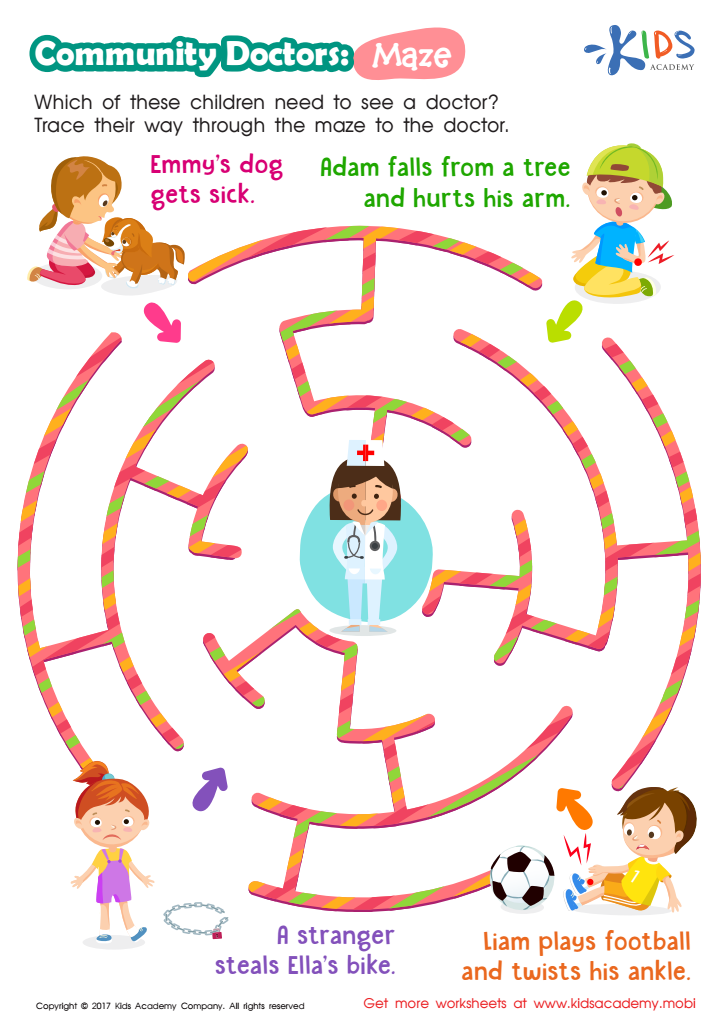

Community Doctors: Maze Printable
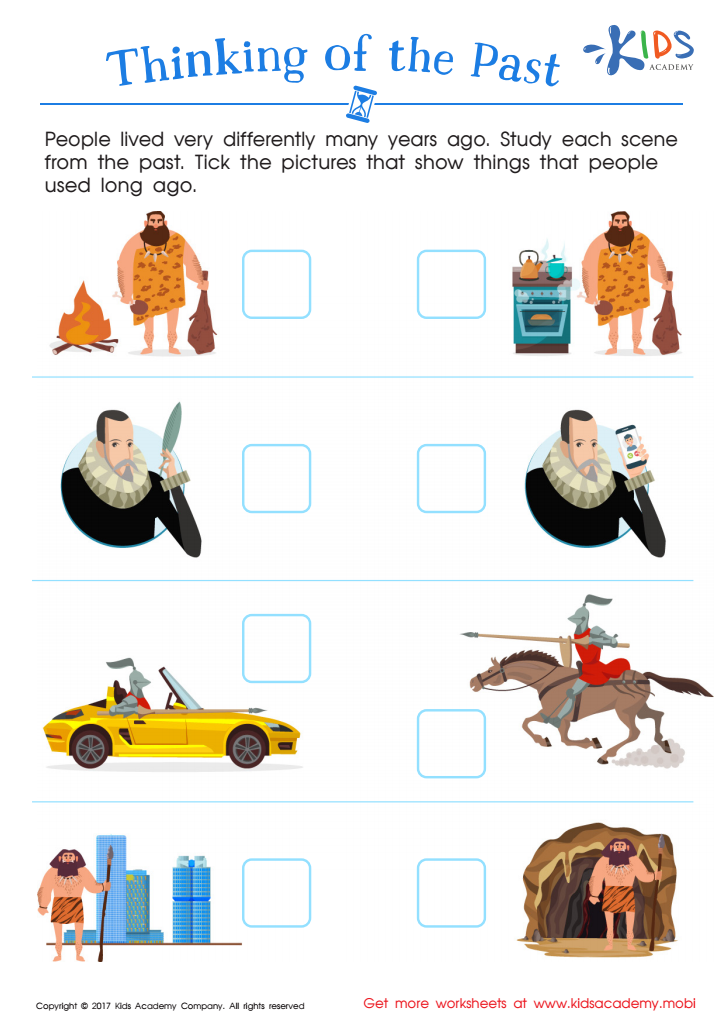

Thinking Past Printable
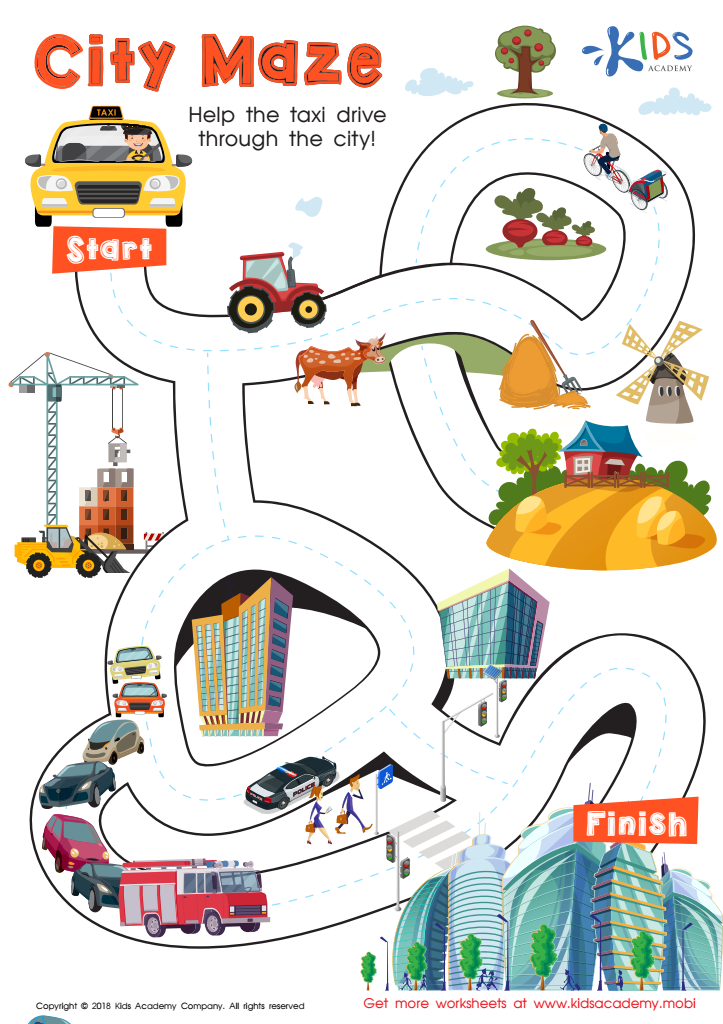

City Maze Worksheet
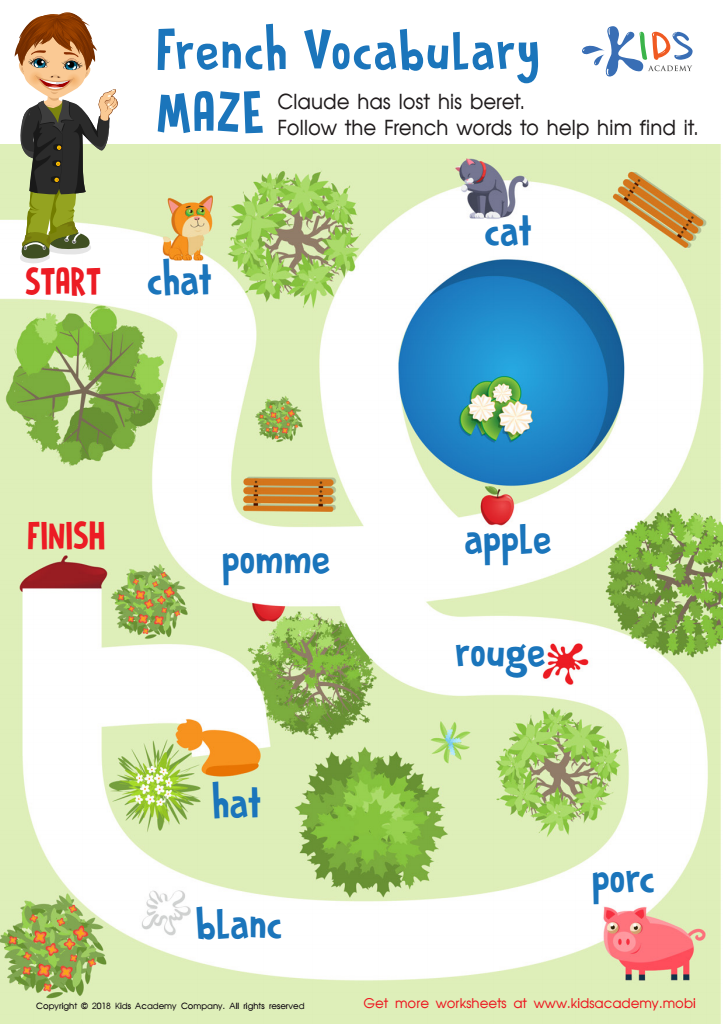

French Vocabulary Maze Worksheet
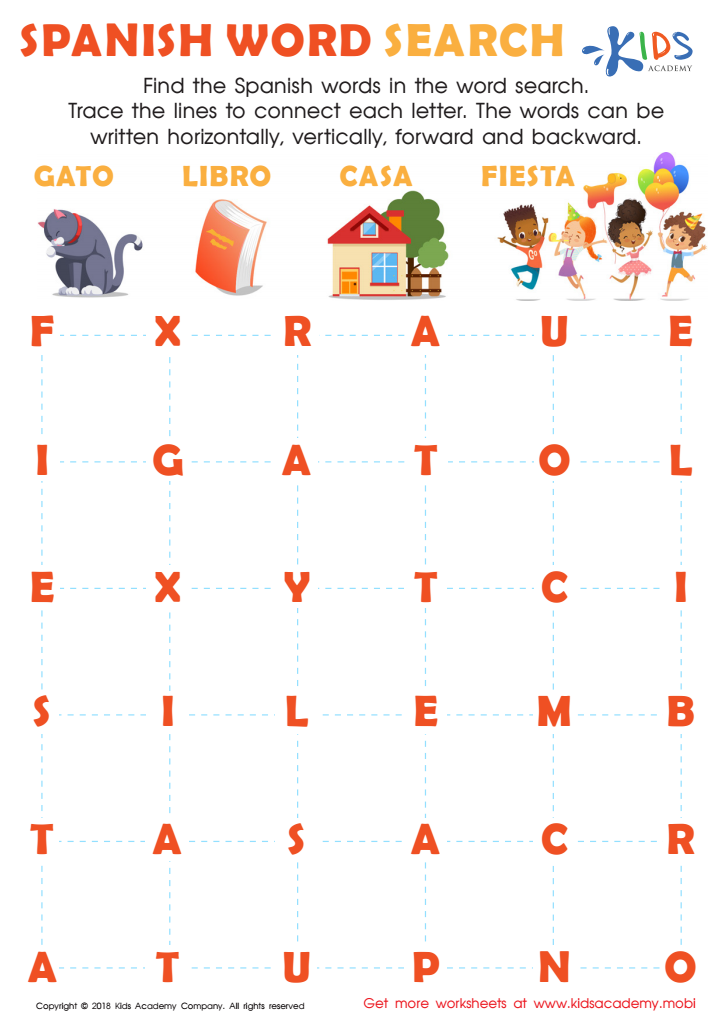

Spanish Word Search Worksheet
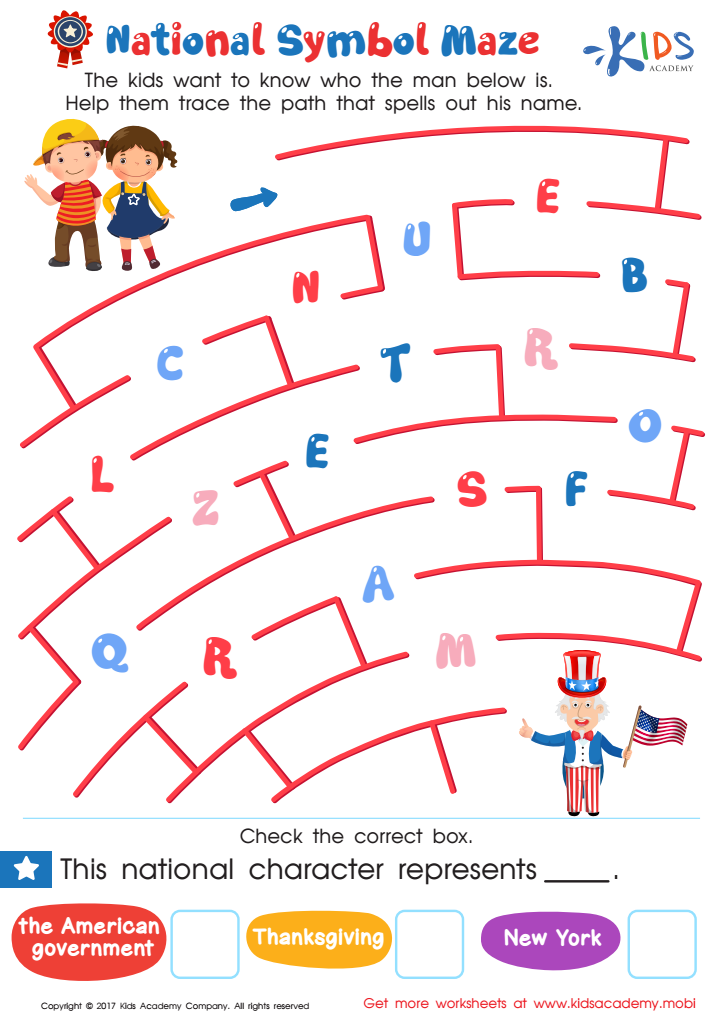

National Symbol Maze Worksheet
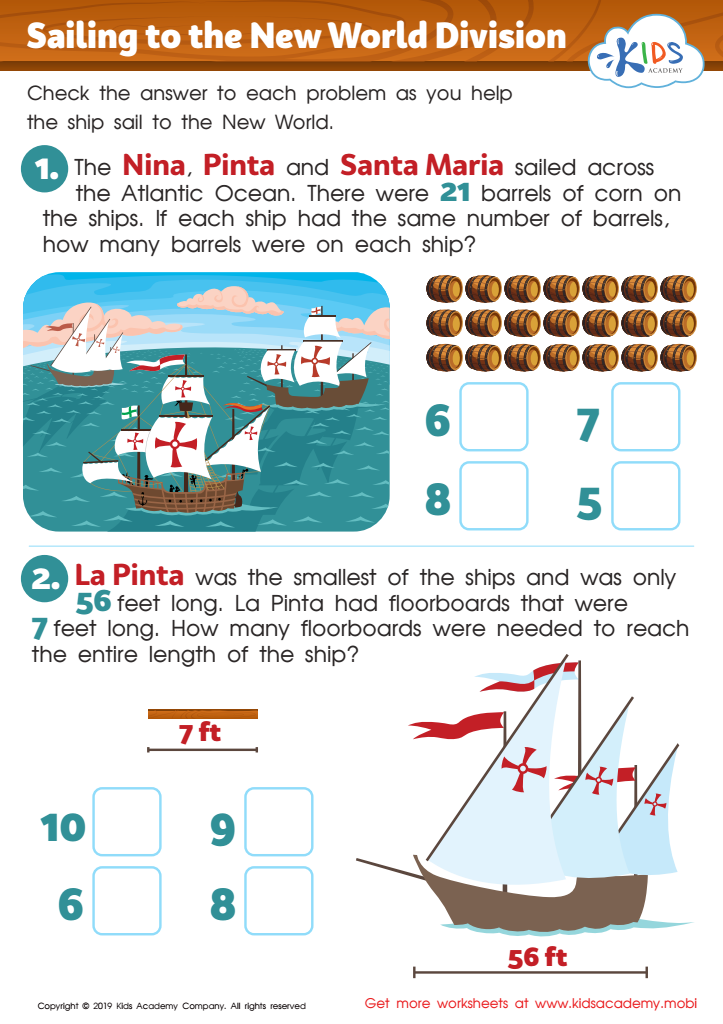

Sailing to the New World Division Worksheet


Towns Worksheet
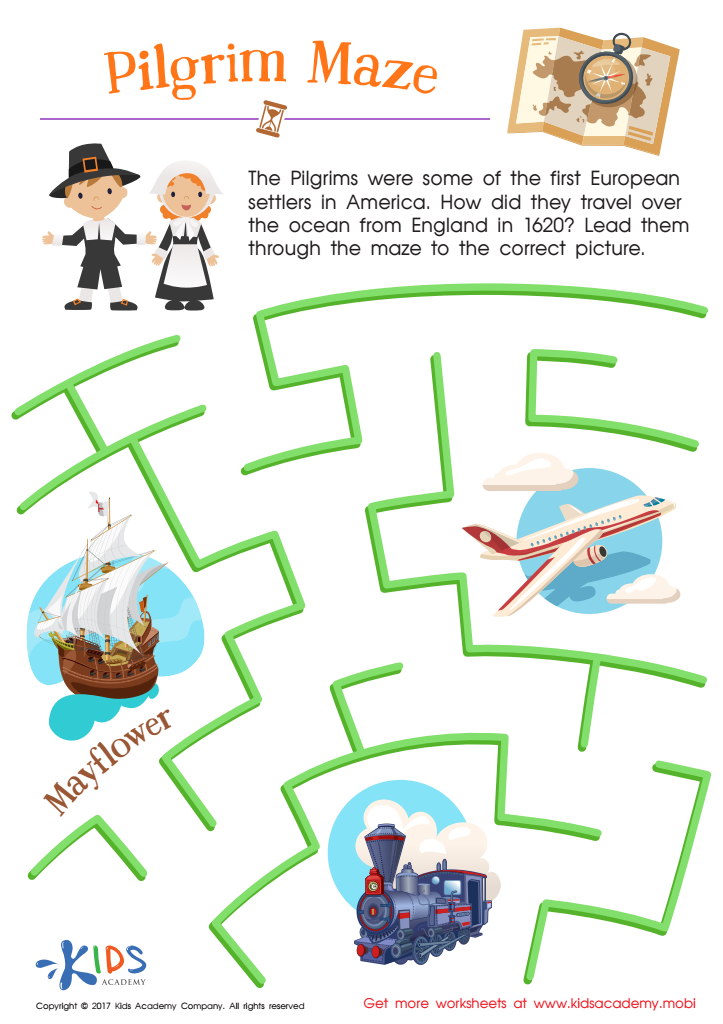

Pilgrim Maze Worksheet
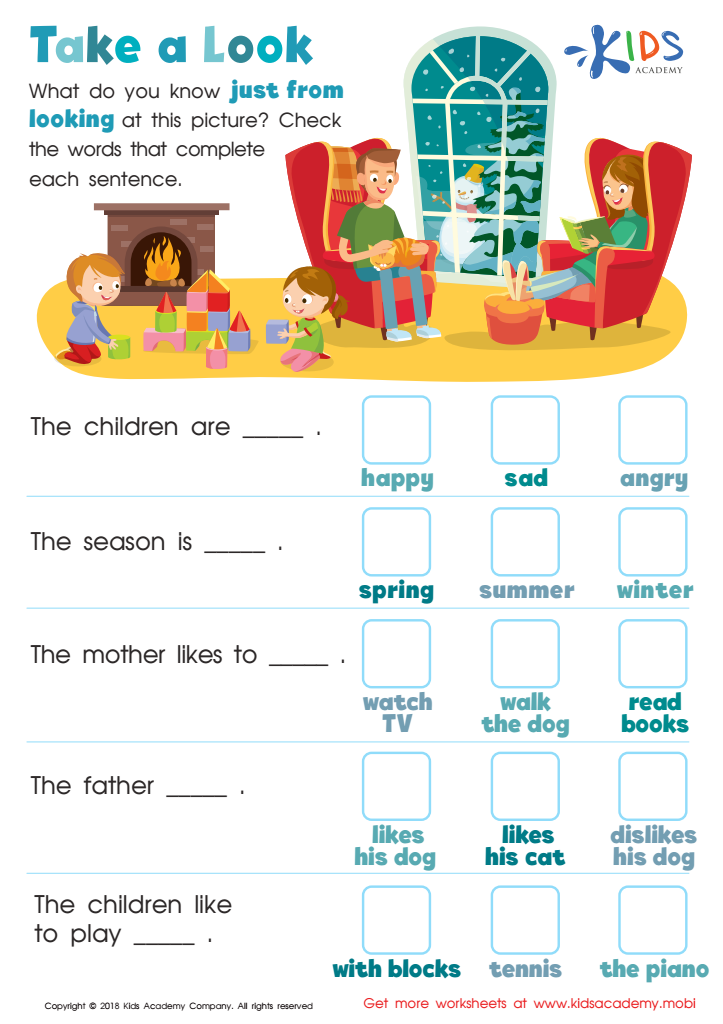

Take a Look - Part 1 Worksheet
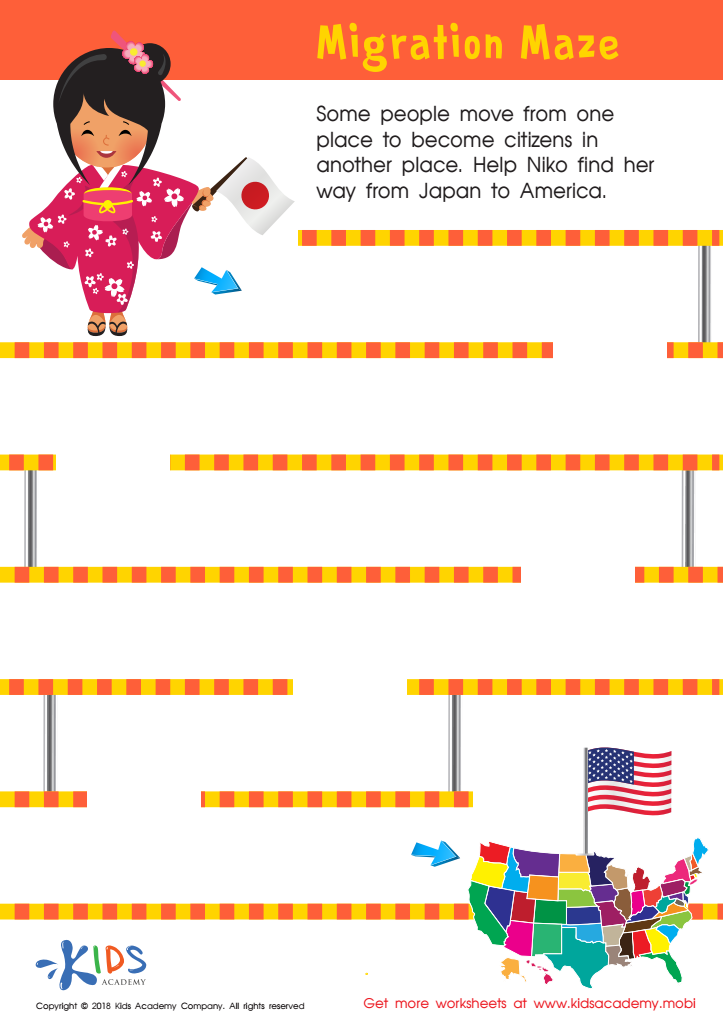

Migration Maze Worksheet
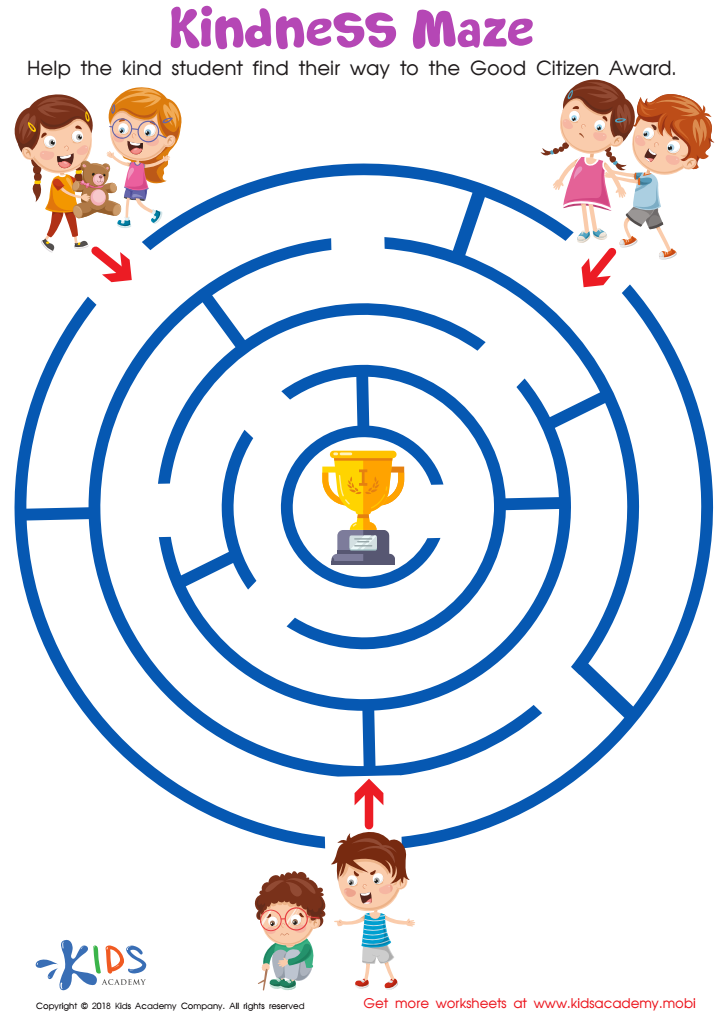

Kindness Maze Worksheet
Problem-solving skills in Social Studies are crucial for children aged 3-7 because they lay the foundation for critical thinking, adaptability, and social understanding. At this formative stage, young minds are particularly malleable and receptive to learning new concepts. By engaging in problem-solving activities within the context of Social Studies, children learn to observe, question, and navigate various social and cultural scenarios.
These skills help children develop strategies to manage and resolve conflicts, which is essential for building healthy relationships both within and outside the classroom. Additionally, problem-solving fosters independence and confidence, encouraging kids to trust their judgment and make informed decisions.
Incorporating problem-solving in Social Studies also stimulates curiosity about the world and enhances cognitive skills such as memory, attention, and spatial reasoning. It cultivates an awareness of different communities and their functions, promoting empathy and a clearer understanding of diversity.
For teachers and parents, nurturing these skills prepares children for future academic challenges and real-life situations. Since Social Studies often revolves around stories, events, and people, it provides a rich and engaging platform for kids to practice and refine their problem-solving abilities. Therefore, prioritizing these skills at an early age positively impacts a child's overall development and lifelong learning trajectory.
 Assign to My Students
Assign to My Students









